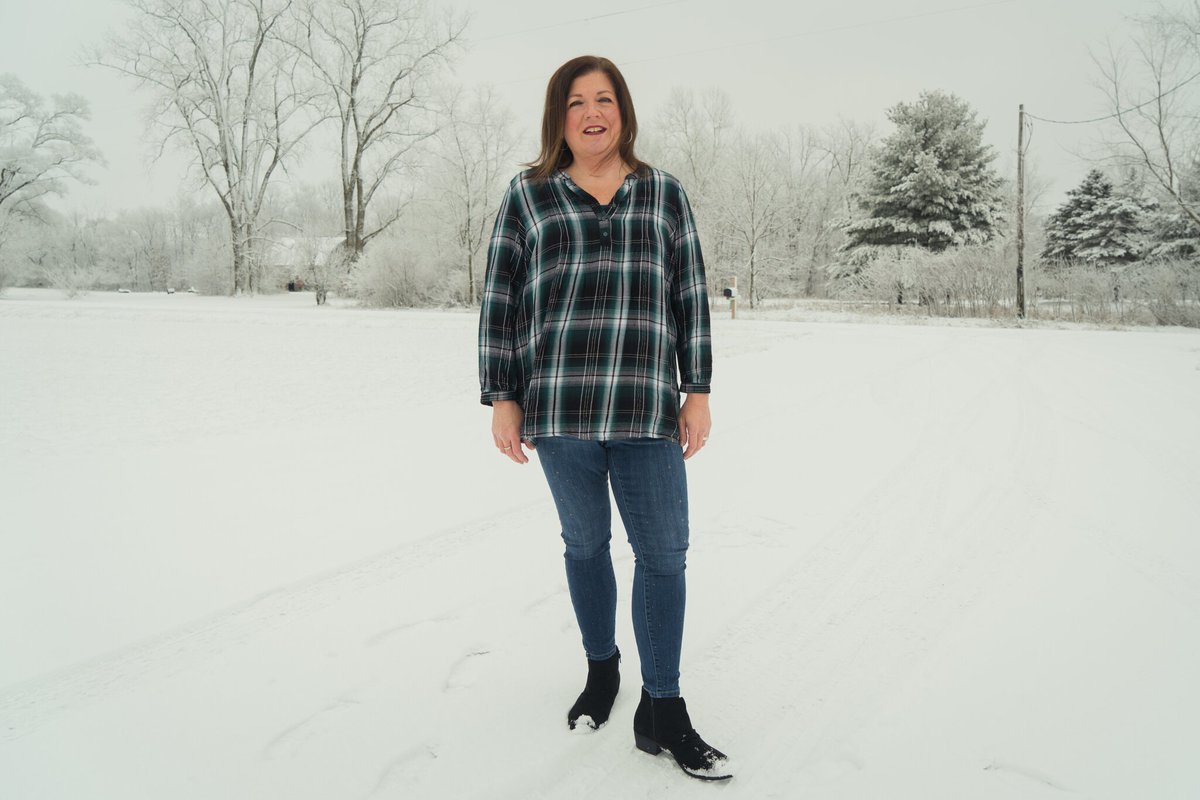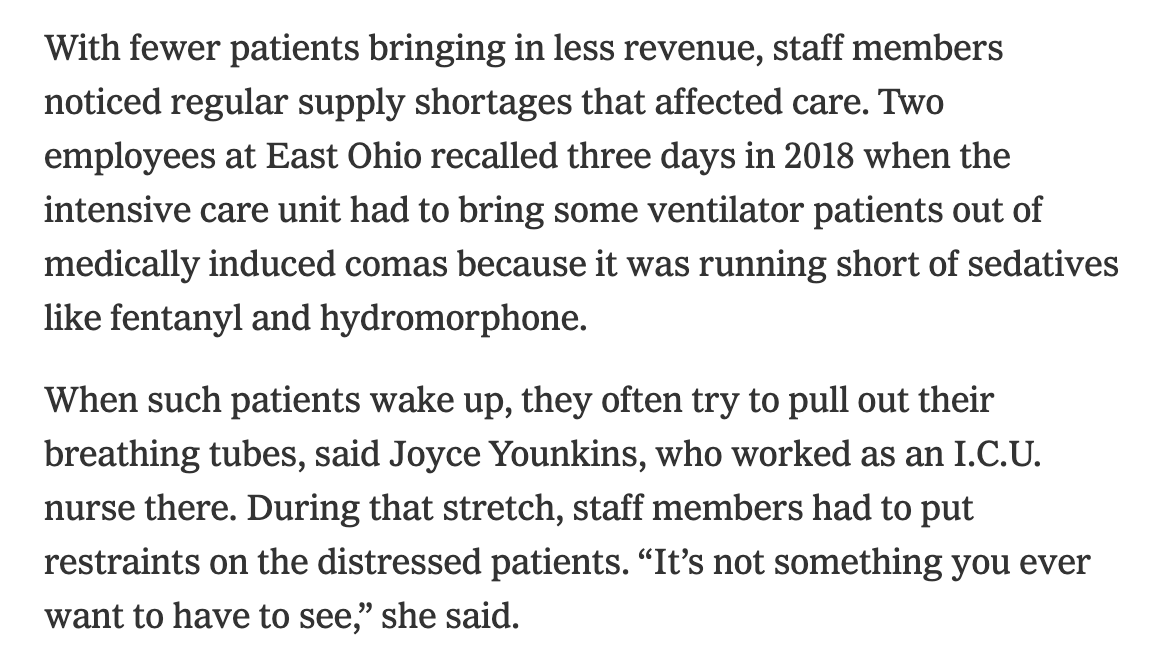
Investigations and health policy for the @nytimes. I like reading your medical bills.
Currently on parental leave! Back this summer.
How to get URL link on X (Twitter) App






 Most developed countries have a universal health care system that covers all people. Some (UK, Canada) do this through public insurance. Others (France, Germany) do it through private plans.
Most developed countries have a universal health care system that covers all people. Some (UK, Canada) do this through public insurance. Others (France, Germany) do it through private plans.
 When Monica Smith was taken by ambulance to Parkview Hospital, she had Medicaid — the public program that covers low-income Americans. She showed her Medicaid card. The ambulance billed her coverage.
When Monica Smith was taken by ambulance to Parkview Hospital, she had Medicaid — the public program that covers low-income Americans. She showed her Medicaid card. The ambulance billed her coverage.